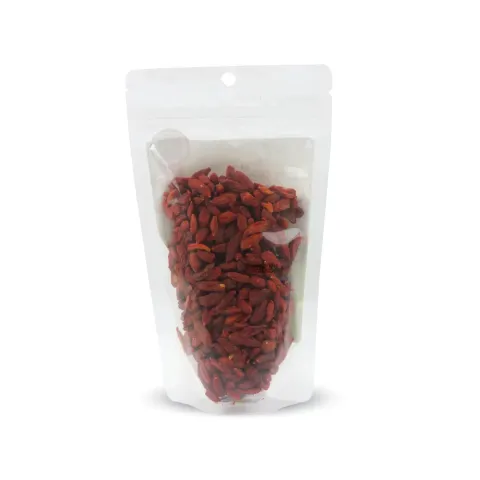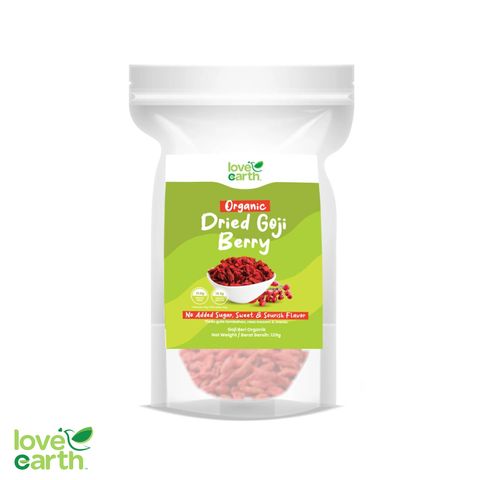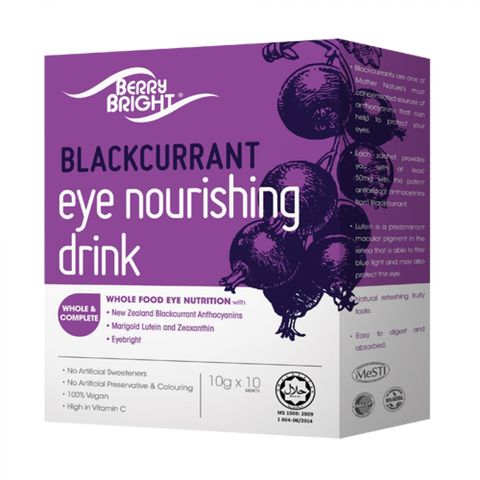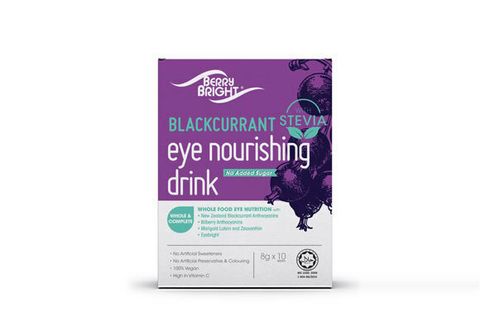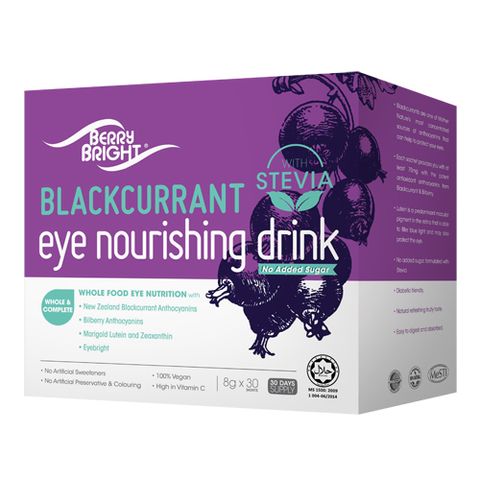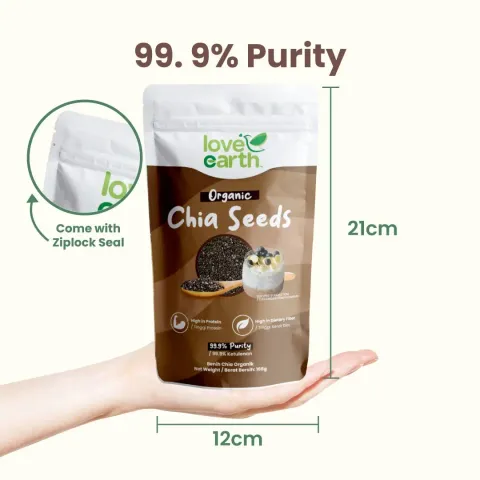
“You are what you eat” turns out that goes for your EYES too!
When we think about nutrition, our minds often go straight to heart health, weight management, or energy levels. But your eyes? They deserve a spot at the table too. So, is there really a link between nutrition and vision? The short answer is yes, absolutely!
Let’s take a closer look at how your plate affects what you see.
The EYE-deal Nutrients!
Just like the rest of your body, your eyes need the right fuel to stay healthy. Here are some vision-friendly nutrients you’ll want to keep an eye on:
Eye-Bosting Picks
When meals get rushed or veggies get skipped, certain superfoods and supplements can help fill the gaps and keep your vision on track. Here are some options worth eyeing:
Love Earth Natural Goji Berry
Also called wolfberries. Regarded as the best-known natural source of zeaxanthin. Loaded with other nutrients as well, to be taken raw or added into meals.
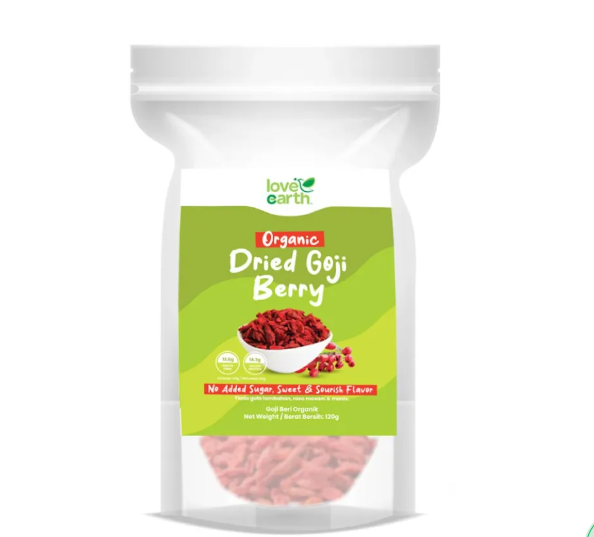 |
DDODDOMAM Bilberry & Berries Jelly
Elevate eye health with vibrant mixed berries, carrots, marigold flowers and many more in a form of jelly stick. Rich in antioxidants & essential vitamins that can offer eye-protecting qualities.
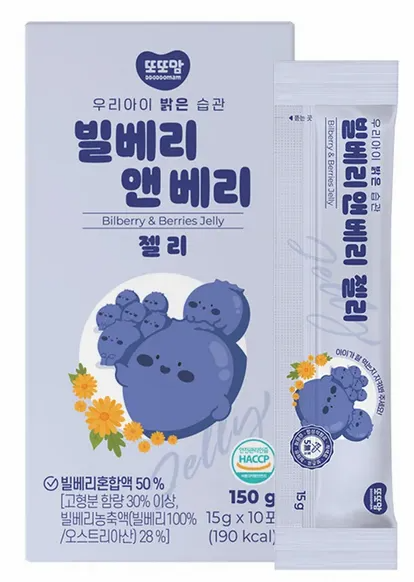 |
Bio-life Astaxanthin
Derived from microalgae, this supplement contains 6mg of active compound astaxanthin which serves as a powerful antioxidant for your eyes.
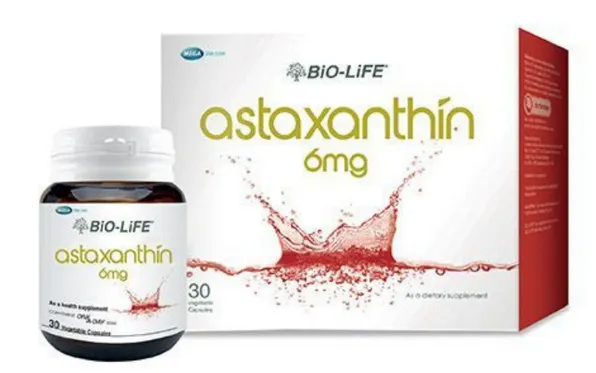 |
Berry Bright Eye Nourishing Drink
A natural whole food eye supplement that is formulated to help easily replenish the vital nutrients that are essential to protect and maintain healthy eyes and vision. Contains New Zealand Blackcurrant, American Blueberry And North American Blueberry and many more!
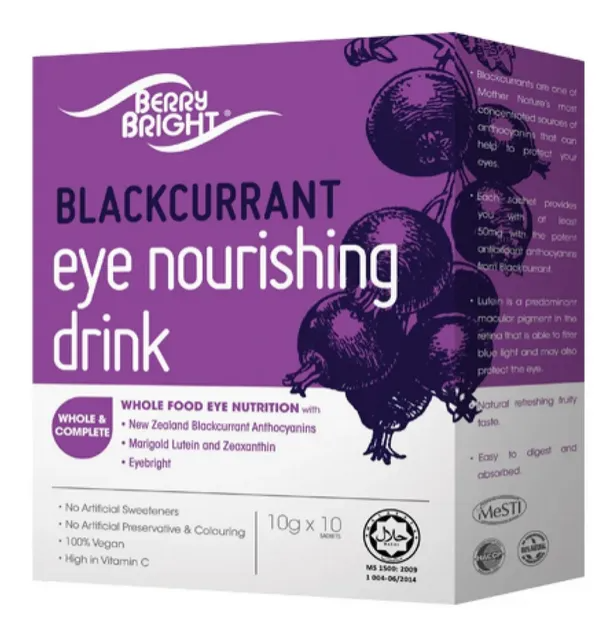 |
Love Earth Organic Chia Seeds
Small, but packed with valuable nutrients for eyes due to their high content of omega-3 fatty acids. Additionally, they are a good source of antioxidants and other nutrients that promote overall eye health.
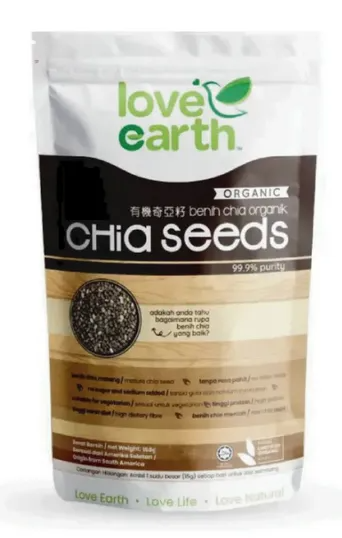 |
Efamol Rigel Evening Primrose Oil (EPO)
Evening primrose oil is rich in gamma-linolenic acid (GLA), an omega-6 fatty acid found in small amounts in the modern diet that may have anti-inflammatory properties. Some evidence suggests that evening primrose oil may reduce the symptoms of dry eye disease.
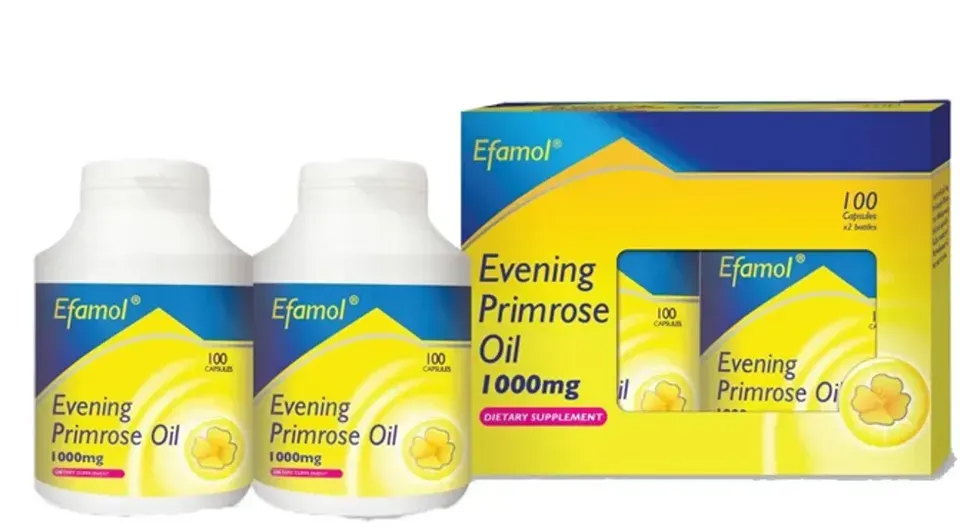 |
Eye-Catching Habits
Eating eye-healthy foods is a great start, but pairing it with daily habits can make a bigger impact:
Keep arm’s length distance between the computer screen and your face.
Take screen breaks to reduce digital eye strain (20-20-20 rule!).
Wear sunglasses when out in bright sunlight.
Don’t skip your eye checkups, even if your vision feels fine.
Stay hydrated to avoid dry eyes.
The Bottom Line?
While no single food is a magic bullet for perfect vision, a balanced diet filled with colorful fruits, vegetables, whole grains, lean proteins, and healthy fats goes a long way in supporting long-term eye health.
So next time you’re planning a menu, keep your eyes in mind too!
References
Das, S., & Roy, S. (2024). The role of nutrition in eye health: A comprehensive review. Journal of Population Therapeutics and Clinical Pharmacology, 31(6), 1281–1286. https://doi.org/10.53555/jptcp.v31i6.6667
Johra, F. T., Bepari, A. K., Bristy, A. T., & Reza, H. M. (2020). A Mechanistic Review of β-Carotene, Lutein, and Zeaxanthin in Eye Health and Disease. Antioxidants, 9(11), 1046. https://doi.org/10.3390/antiox9111046
Ng, A., Woods, J., Jahn, T., Jones, L. W., & Sullivan Ritter, J. (2022). Effect of a novel omega-3 and omega-6 fatty acid supplement on dry eye disease: A 3-month randomized controlled trial. Optometry and Vision Science, 99(1), 67–75. https://doi.org/10.1097/OPX.0000000000001826

